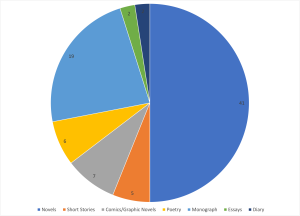Open systems are open. For people used to dealing with institutions that go out of their way to hide their flaws, this makes these systems look terrible at first. But anyone who has watched a piece of open source software improve, or remembers the Britannica people throwing tantrums about Wikipedia, has seen how blistering public criticism makes open systems better. And once you imagine educating a thousand people in a single class, it becomes clear that open courses, even in their nascent state, will be able to raise quality and improve certification faster than traditional institutions can lower cost or increase enrollment.
Harvard will be fine. Yale will be fine, and Stanford, and Swarthmore, and Duke. But Bridgerland Applied Technology College? Maybe not fine. University of Arkansas at Little Rock? Maybe not fine. And Kaplan College, a more reliable producer of debt than education? Definitely not fine.


